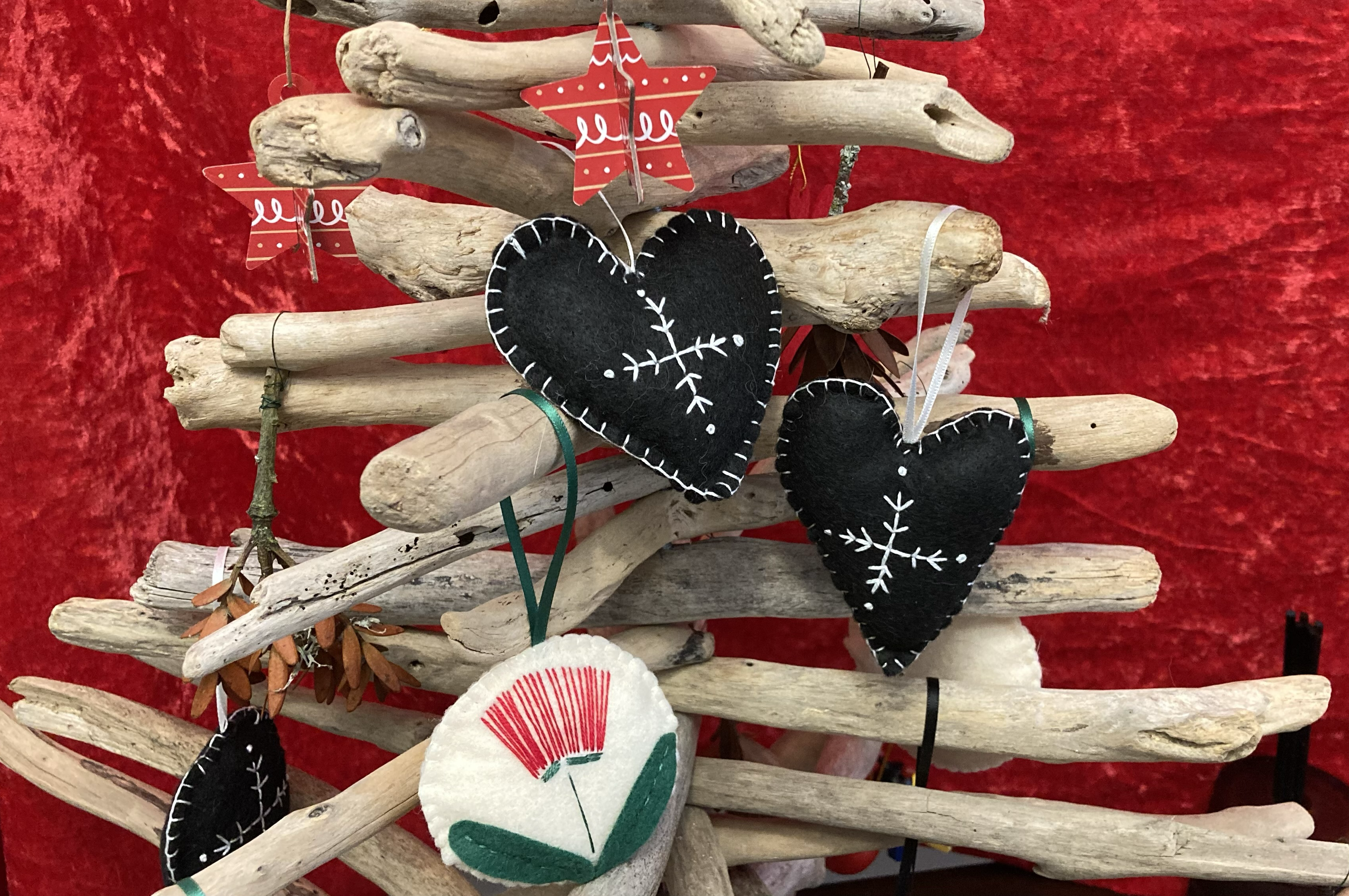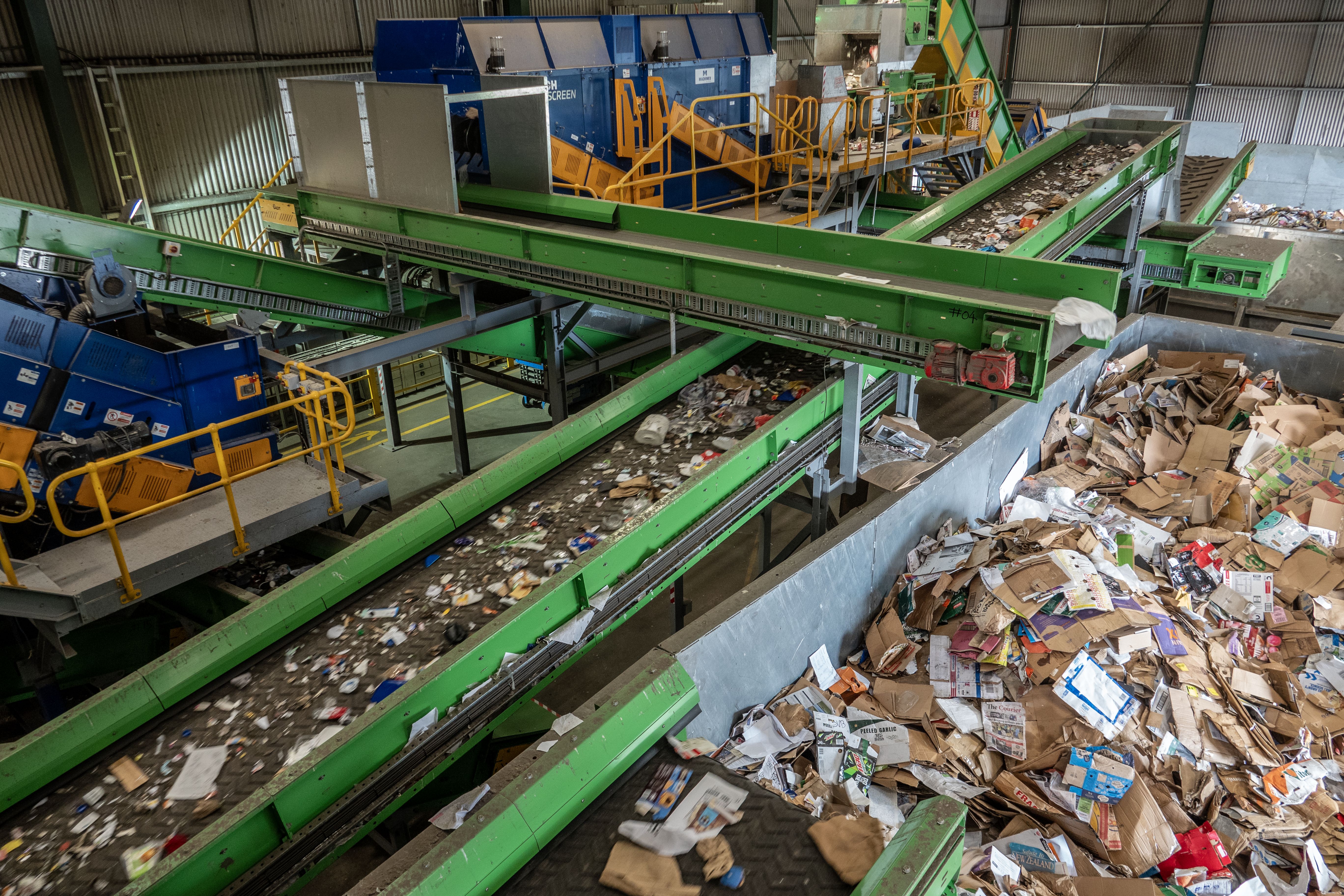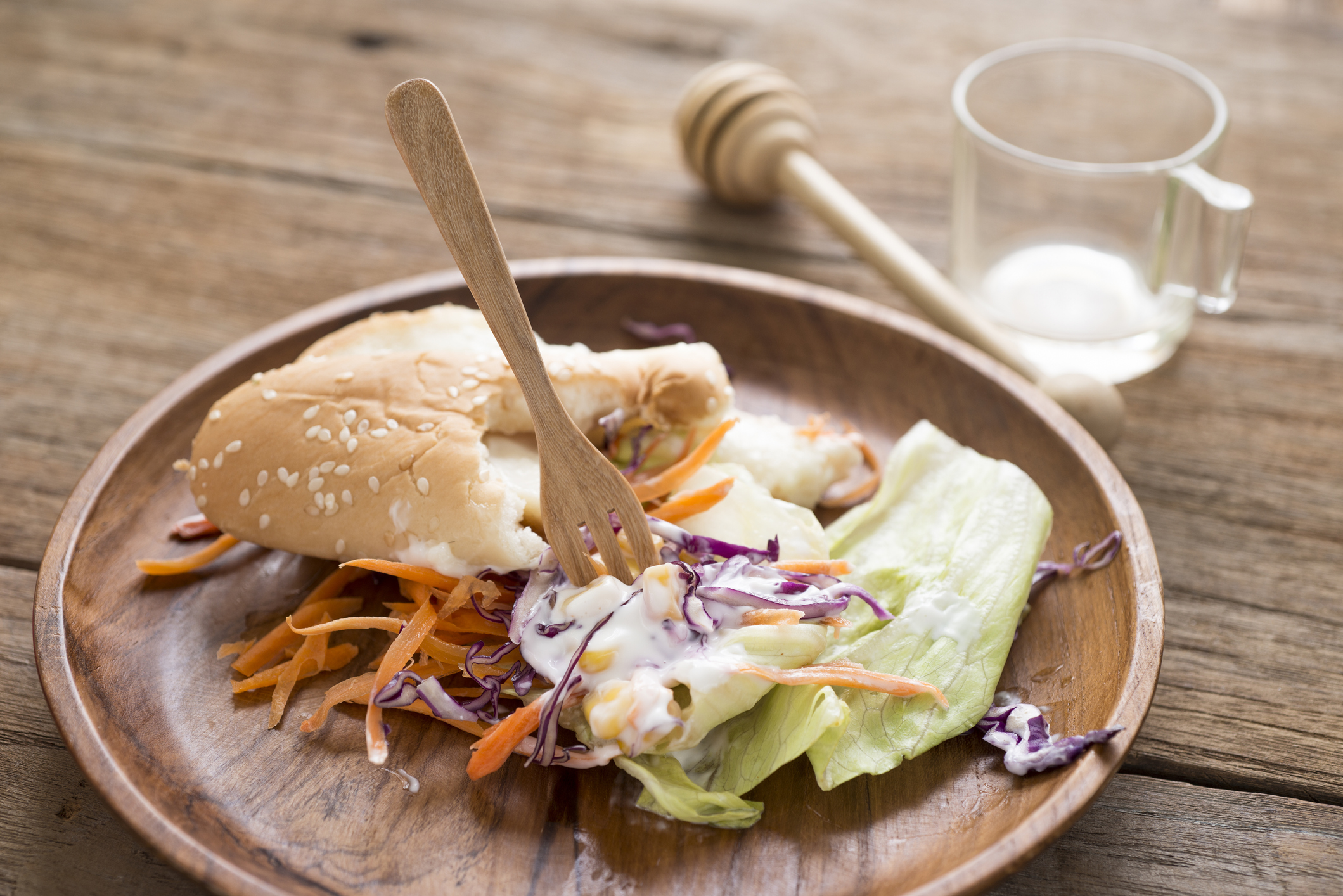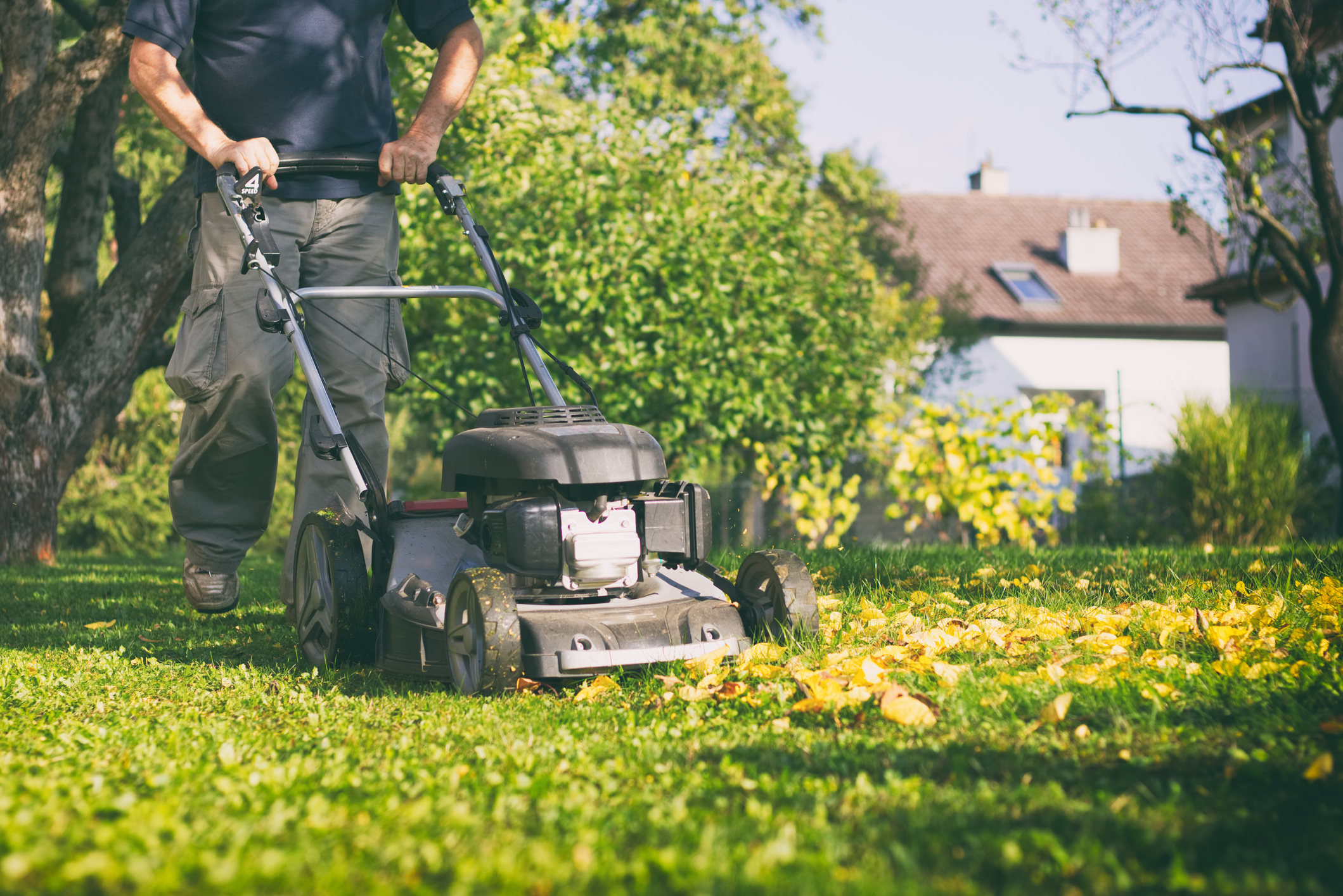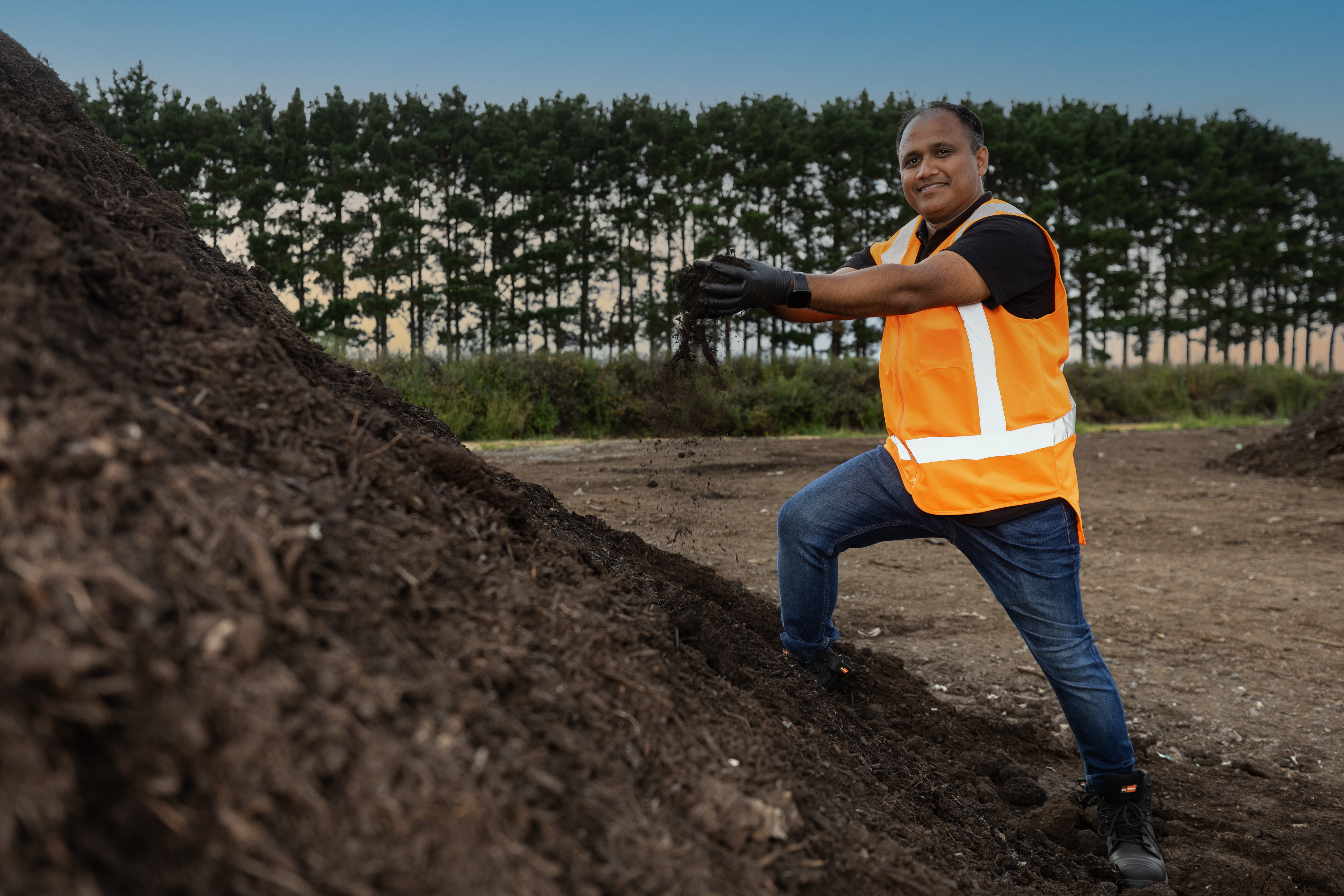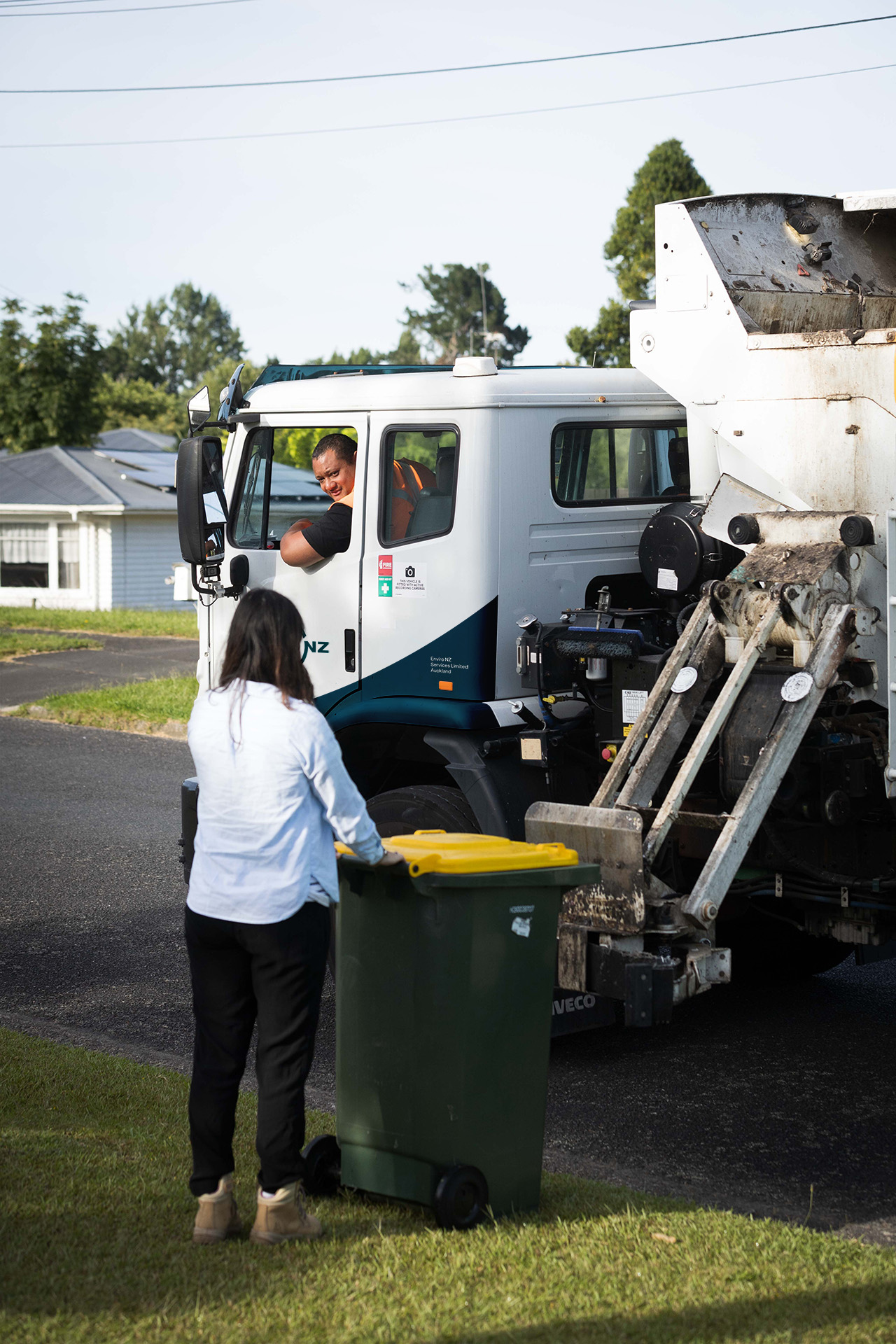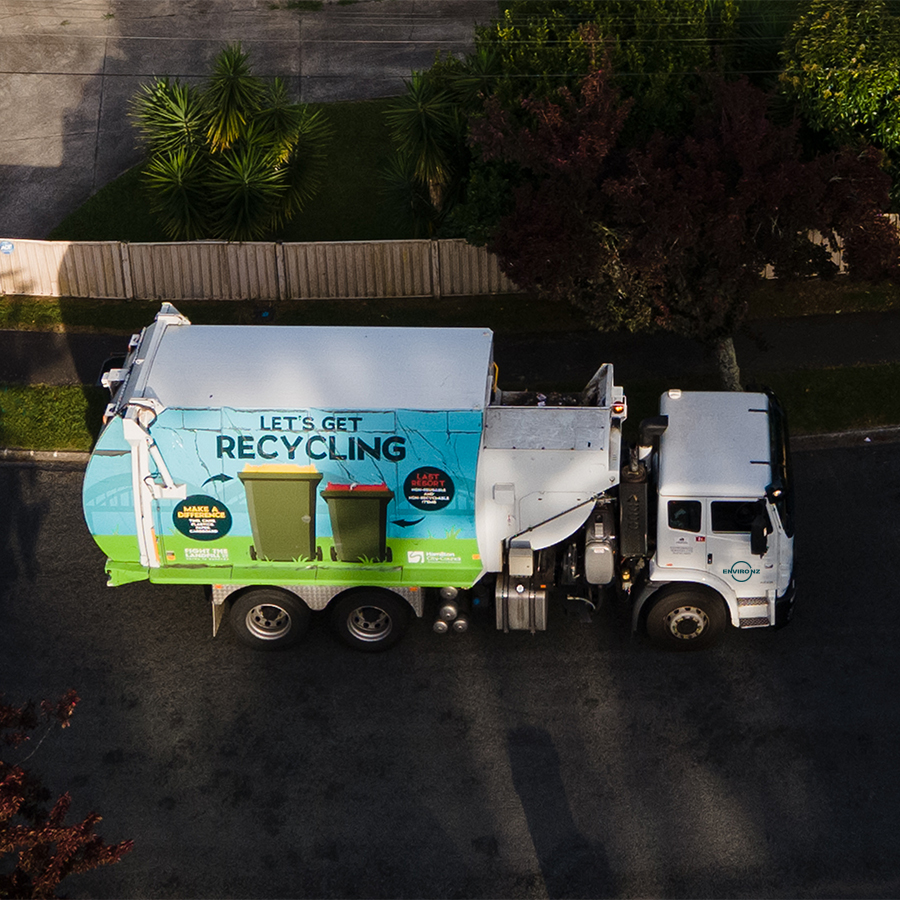At Enviro NZ, our role is to help our customers and local communities do the right thing by the environment. We aim to not only provide recycling solutions but also to help educate people on the most effective practices for keeping materials in circulation. To help you recycle like a pro, we've gathered five easy best-practice tips to help on your way:
Rinse before you throw
Contamination is a major issue in the recycling industry. It occurs when dirty or non-recyclable materials such as food scraps, liquids, or certain chemical additives are mixed in with your recycling and can render an entire mix unusable. This means that instead of finding renewed purpose as a recycled item, they end up going to landfill. Thoroughly rinsing away any food scrap or liquids from your recycling before putting them in your bin is a quick and easy way to help keep them in circulation and out of landfill.
Keep your items loose
Remember to keep your items loose and any cardboard flattened when placing your recyclables in your bin. You may be tempted to stack your recyclables or put them in a plastic bag for convenience - this can prevent your items from being successfully processed at your local recycling centre. With the sheer volume of recycling being processed daily, stacked or bagged items cannot be efficiently separated on the sorting lines, increasing the chance of contamination or damage to the machinery. Keeping your materials loose and free goes a long way to increasing diversion rates.
Remember the numbers 1,2 and 5
Your local council will have strict rules around which types of plastics they can accept for recycling. Most councils generally accept plastics 1, 2 and 5. With the 2024 move to , these will become the only types of plastics accepted for kerbside collection. You can find out what grade your plastic is by looking for a small triangle with a number inside. Triangles with numbers 1, 2 or 5 can go in your recycling bin. If the triangle has other numbers or no number, those plastics typically cannot be commercially recycled in New Zealand, and they should be disposed in the rubbish bin.
Keep batteries out of your recycling bin
Households may use different types of batteries. All of them are made up of several materials, which can't be recycled as part of your standard kerbside collection. Batteries may contain hazardous materials such as mercury, lead and other toxic substances, which can be harmful to the environment. Lithium batteries, which are present in most electronics, pose a major fire risk when compressed with dry recyclables, such as paper.
When it comes to plastic bottles, removing the lids from your recyclables is important. Lids that are smaller than your standard large yoghurt container are often too small to be detected by most recycling machinery and can potentially fall through the cracks, causing issues. In some cases, the plastic used for bottle lids is made from grades other than 1, 2 or 5, meaning that the additives and materials pose a risk of contamination. While council rules on this currently vary, lids off will become a nationwide rule with the upcoming 2024 kerbside standardisation.



